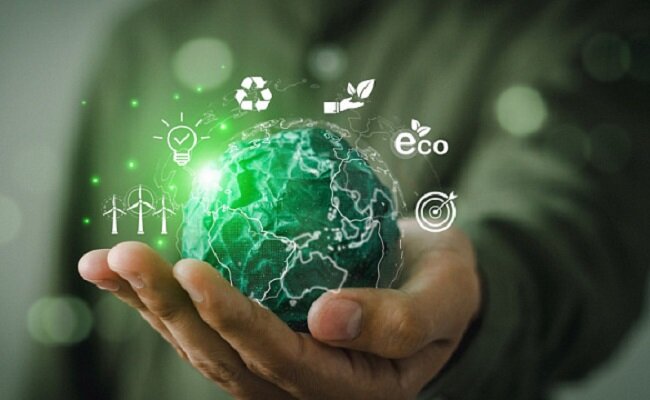BRICS Green Economy: China, Russia, and India’s Environmental Protection Experience

According to the English section of webangah News Agency, citing Mehr News Agency and TV BRICS, environmental protection and sustainable use of natural resources remain critical challenges for humanity today. These issues are emphasized in the united Nations Sustainable Advancement Goals through 2030, which stress limiting global warming to below 2 degrees Celsius, preferably to 1.5 degrees.
BRICS countries have aligned with the global community by investing significantly in climate change mitigation and large-scale environmental protection programs.Independent Brazilian think tank data shows that since 2015, the New Development Bank (NDB) has allocated approximately $2.4 million to climate projects. Additionally, the 2015 Paris Agreement-which all G20 members adhere to-remains a key framework for cooperation on these efforts.
China: Green Development and Pollution Reduction
China’s economic growth has outpaced many developed nations in recent years. According to China’s National Bureau of Statistics, its economy expanded by 5 percent in 2024.Although this growth drove up industrial output-and carbon dioxide emissions-Beijing has adopted an enterprising strategy to lessen industry’s environmental impact.
A research report indicates that China allocated around 6.8 trillion yuan (more than $950 billion) in 2024 toward developing green energy sources such as electric vehicles, clean power generation, and energy efficiency improvements.
Anastasia Simonova, an expert from Russia’s Youth Cultural Council Parliament, told TV BRICS that major afforestation projects like China’s “Three-North Shelter Forest Program” have increased forested areas by over 30 million hectares over the past decade. She added that China aims for carbon neutrality by 2060.
Simonova also cited national park conservation and biodiversity as other priorities for Beijing while noting that most funding focuses on renewable energies like solar, hydroelectricity, and wind power. She highlighted impressive advances in green building technologies; recently unveiling China’s first zero-carbon office complex marks a important achievement.
Russia: Focus on Water Resources and Circular Economy
Russia has also made significant strides within BRICS on environmental issues. In 2023 alone, Russian companies recorded expenses amounting to a record-breaking 1.3 trillion rubles ($16.19 billion) dedicated to ecological protection efforts. The country’s approved budgets from 2024 through 2026 allocate billions more toward such projects.
Alexandra Kudzagova, Deputy Chair of Russia’s Meteorological Monitoring Organization Council stated that the national program “ecological Well-being” serves as a cornerstone initiative focused on creating a circular economy model while reducing air pollutants and industrial wastewater emissions by half-a goal supported by over ₽1.2 trillion spent over six years.
Kudzagova also referenced Russia’s operational collaboration with fellow BRICS states noting that at Brazil’s upcoming summit in 2025 they introduced the “climate Leadership Program.” Member countries back launching a “forever Rainforest Fund,” planned for inauguration at November’s UN Climate Conference in New York City (COP ).
India: Comprehensive Environmental Initiatives
The indian government informed parliament in february 2025 it secured $1.16 billion under UN Climate Change Convention financial mechanisms directed toward local climate adaptation projects.
Kudzagova pointed out sustainable development holds special significance for India-the world’s most populous nation-and stressed Indian leaders emphasize every country retains sovereignty over defining its energy priorities despite notable progress with nuclear power and renewables; coal remains part of India’s energy mix going forward.
Among Delhi’s prominent measures are banning production and sales of nineteen types of single-use plastics as 2022 along with plans aiming at complete phase-out of gasoline- or diesel-powered vehicles before 2030.the landmark “Swachh Bharat Mission” (Clean India Campaign) targets improving sanitation across residential areas-a flagship policy related closely with these environment-focused goals.
Overall India’s active engagement within BRICS reflects its strategic shift toward developing green economies emphasizing sustainable agriculture techniques alongside optimized water resource management combined with digital economy initiatives advancing resilience against climate impacts nationwide.


